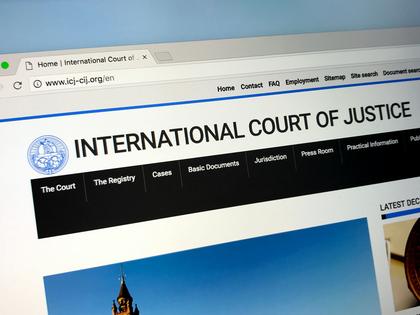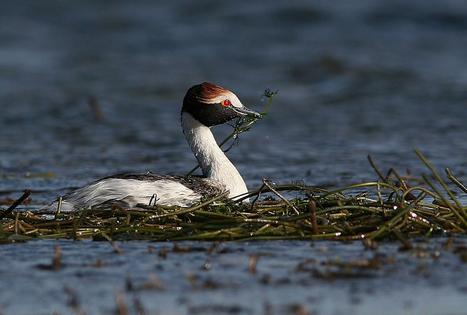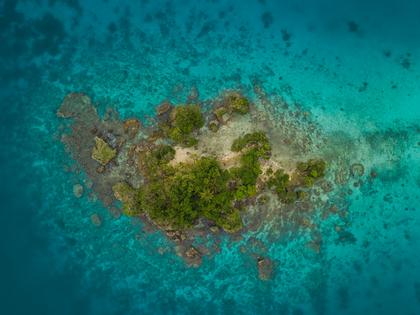Governments and environmental groups are turning to international courts to address the impacts of climate change — podcast
Published in Science & Technology News
This year, the United Nations International Court of Justice (ICJ) — the world’s highest court — is hearing its first argument about climate commitments.
In an effort to make sure countries and corporations follow existing laws and agreements relating to climate change and environmental protection, groups have started pushing for legal action at the international scale.
Research shows that the current climate agreements won’t stave off the worst harms of climate change — and many countries are failing to meet their own commitments.
A number of activist groups, mostly from developing nations already facing the realities of a changing climate, are taking a new legal approach to climate action. They are arguing that climate change cases are human rights cases and in doing so are wading into unprecedented legal waters.
In this episode of The Conversation Weekly, we speak with three scholars about current legal cases tying climate change and human rights together, what these cases might mean for the climate movement and how human rights law can produce real change on the ground.
There are two particularly interesting legal cases working their way through international channels right now. The first has to do a with dam being built in the remote and environmentally important region of Patagonia in southern Argentina.
“The dam was funded by big funding agencies in China as part of the Belt and Road initiative,” explains Niak Koh, a researcher at the University of Sweden who studies sustainability science and governance. “An environmental organization found out that the environmental impact assessment for the dam wasn’t done in a very clear way.”
There is also a group of Indigenous people, called the Mapuche, who live near where the dam is being built. Working with the environmental group, together “they realized that China was having its human rights record reviewed that year. So, they brought this particular case to the UN’s human rights Universal Periodic Review to show that China wasn’t upholding its human rights obligations in this project,” Koh added.
This is a peer-review process where countries can essentially call out other governments for abusing human rights. While there isn’t a mechanism for enforcement, the potential political fallout from a negative review might provide an incentive for governments to act.
The second case has been brought to the ICJ by Vanuatu and a group of other Pacific Island nations — they are asking the court to advise on whether nations have an obligation to prevent climate change.
...continued













Comments